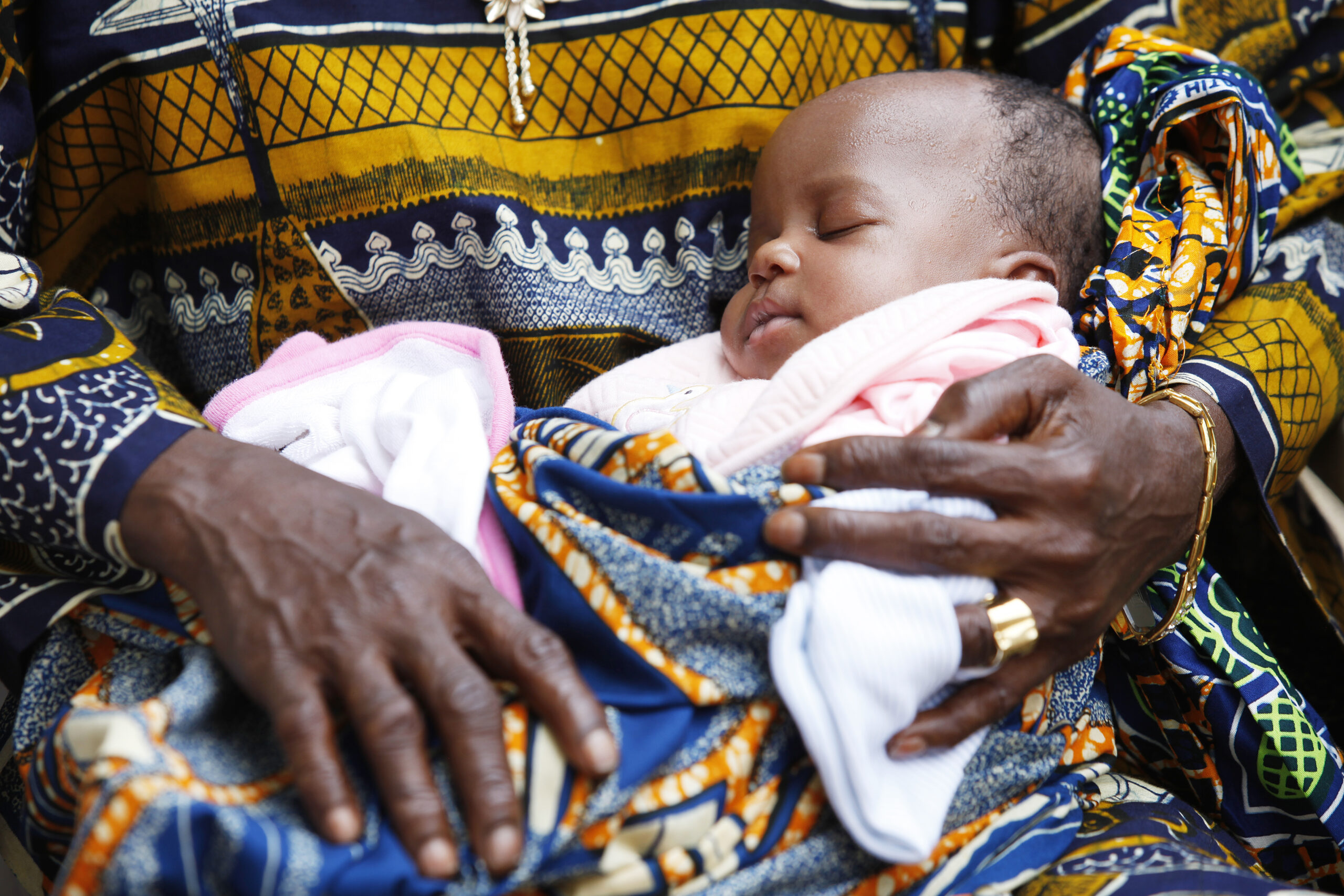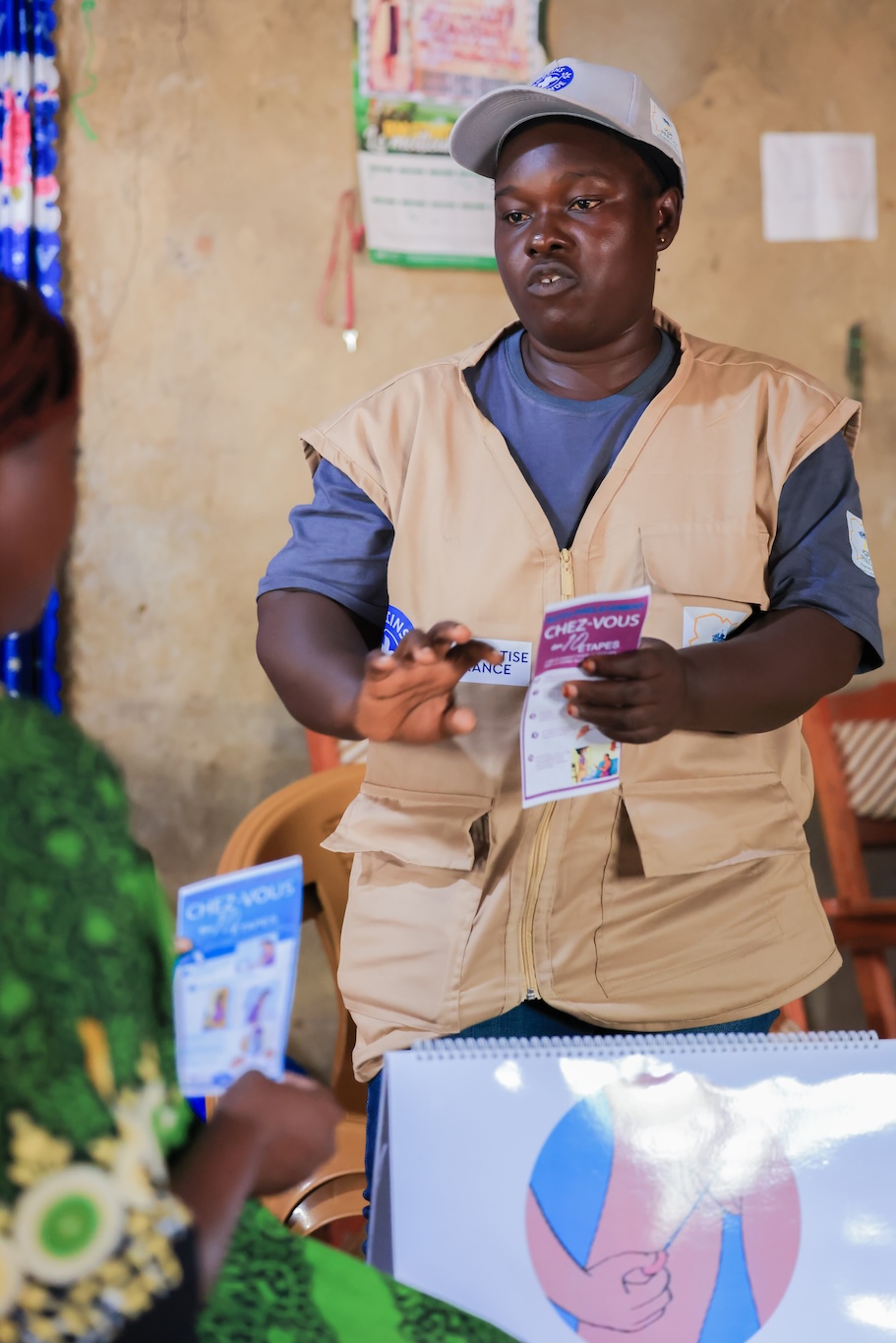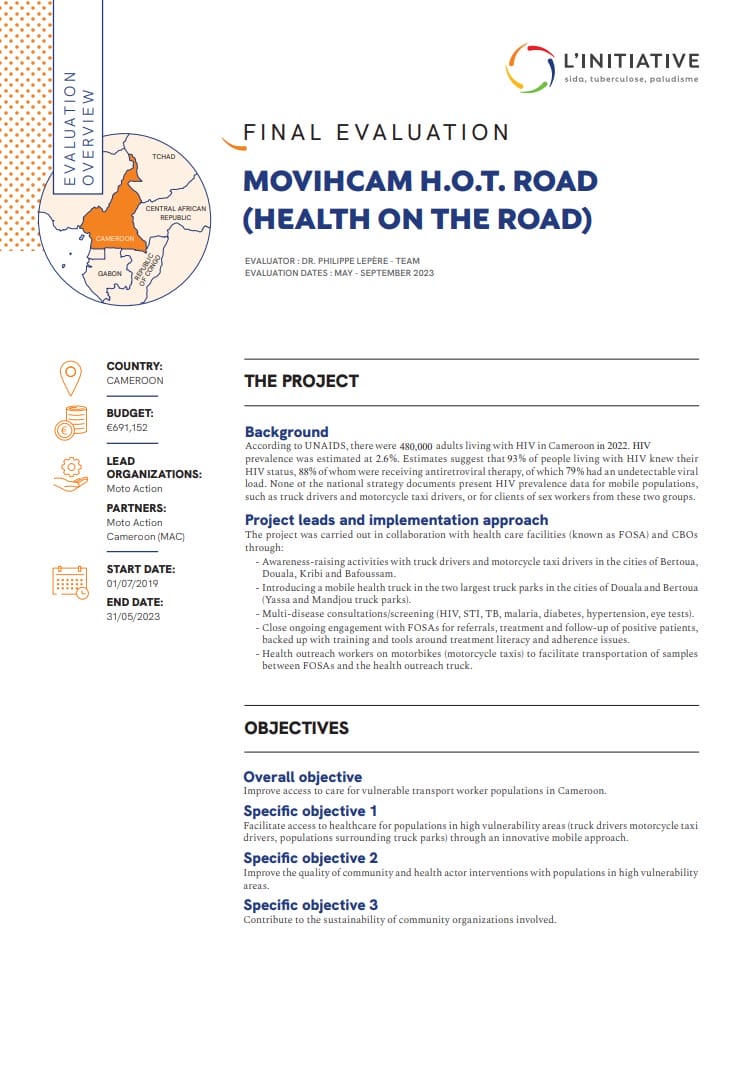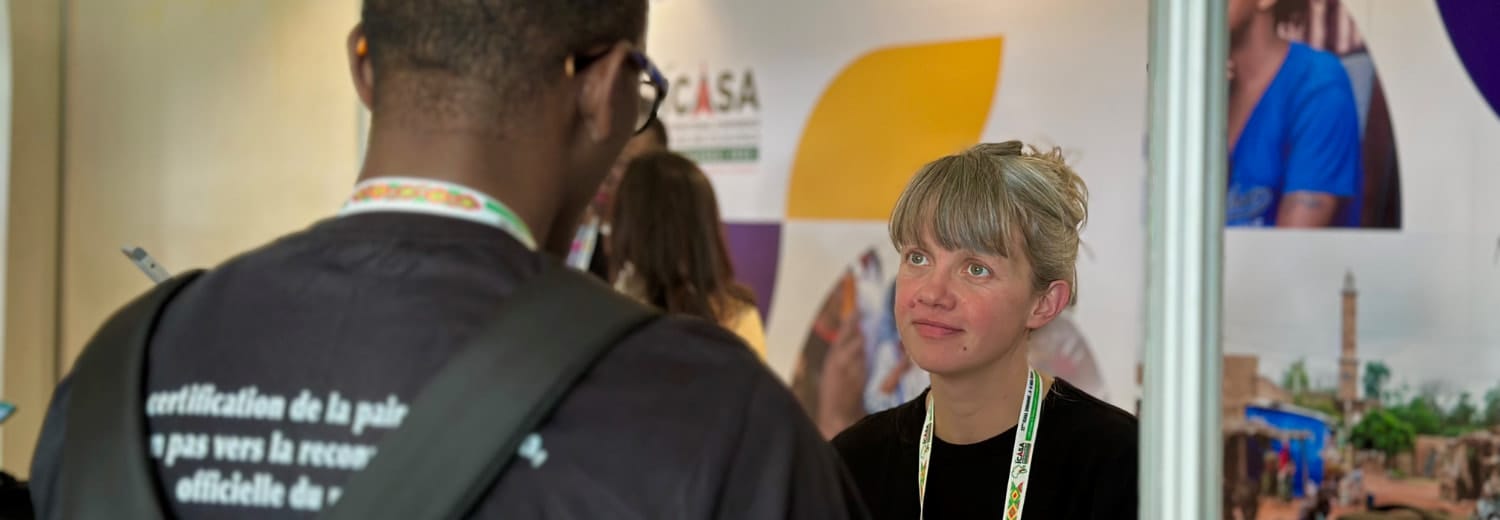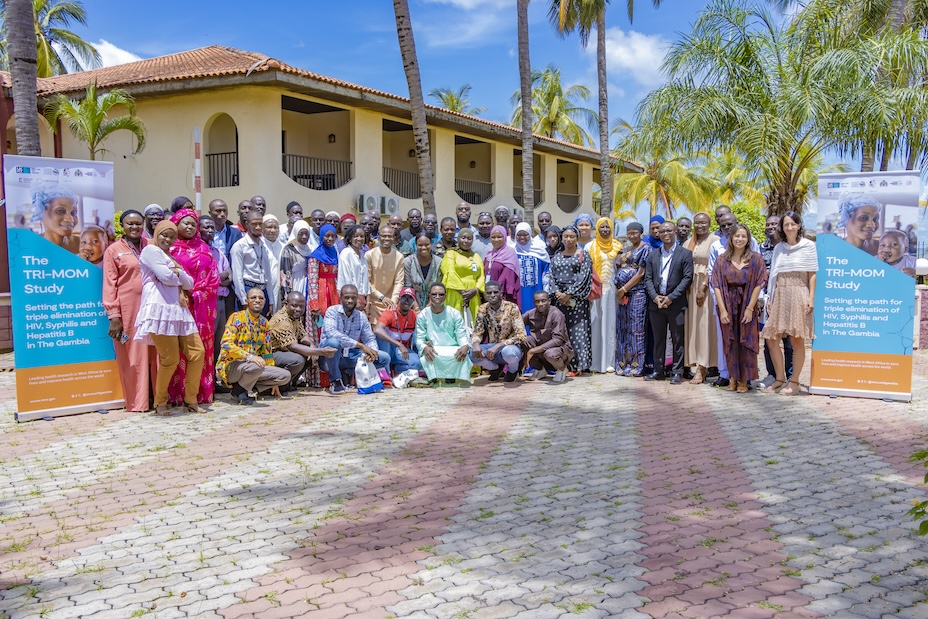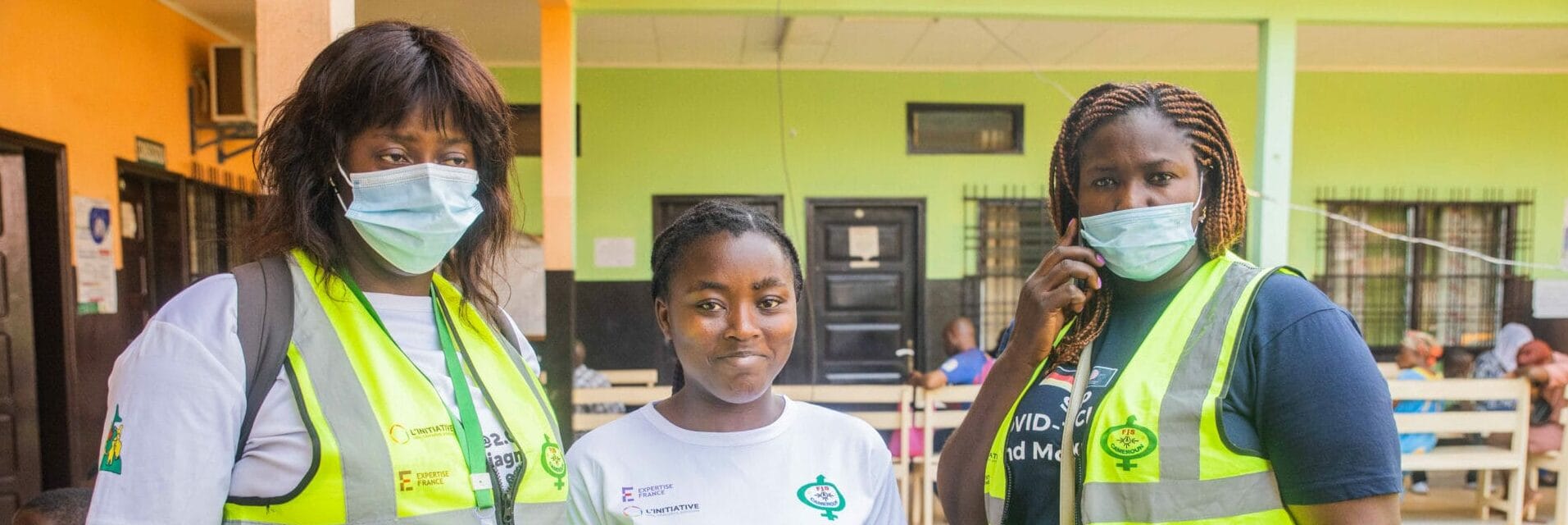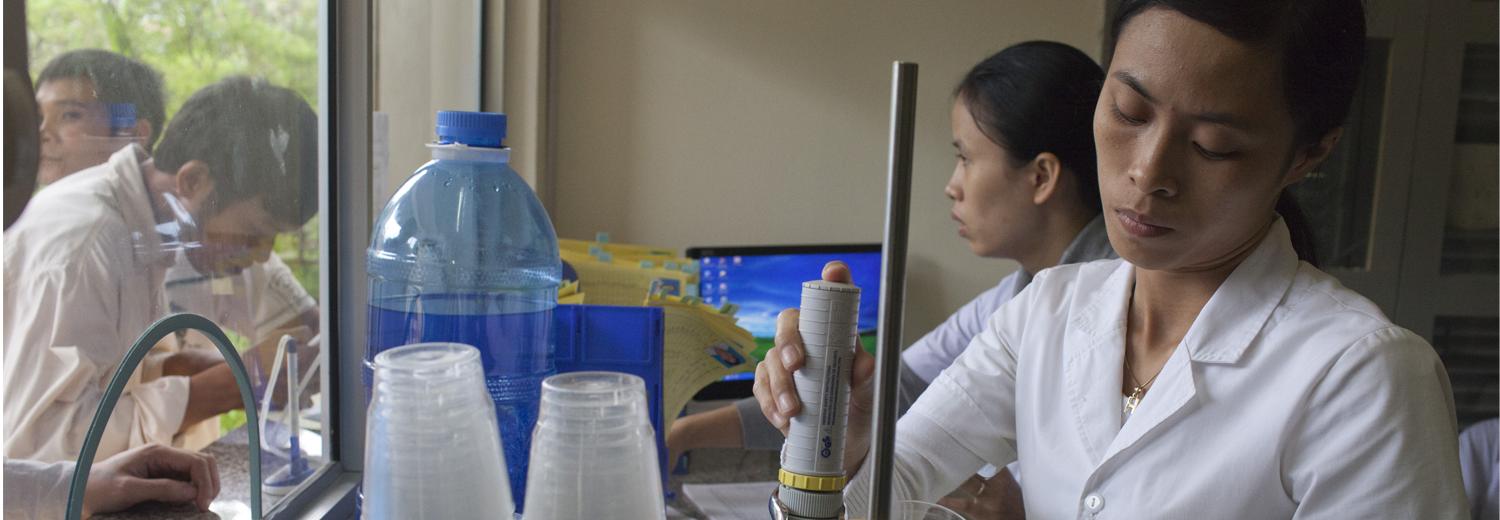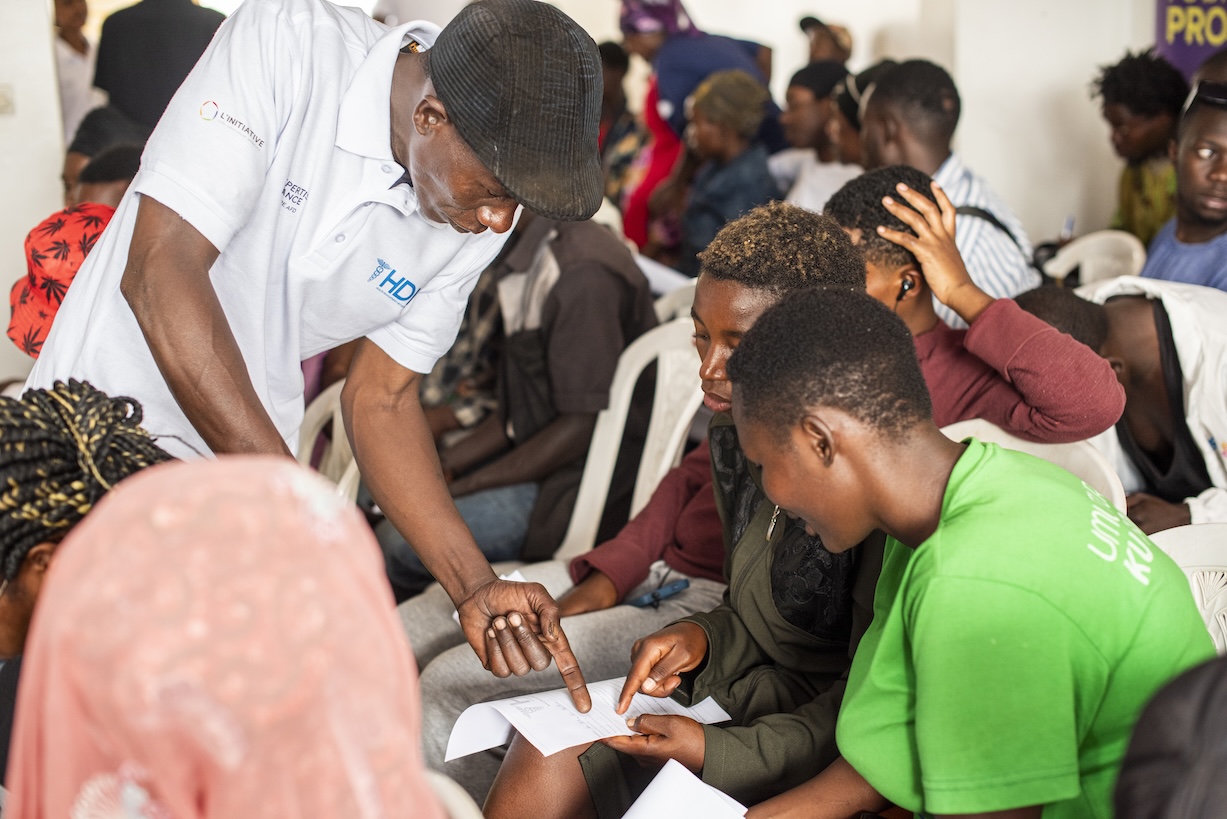To protect implementers and improve HIV program outcomes
The human rights risks and obstacles faced by key populations are well known, and addressing them is seen as an essential component of any comprehensive HIV program for key populations. The safety of those responsible for implementing programs for key populations is also a major challenge.
Implementing organizations – which are often themselves led by individuals from key populations – are often subject to threats and violent attacks that are directly linked to their work. This insecurity has a significant impact on the physical and mental health of the people working in these programs, and reduces the effectiveness of these programs in particular as it can lead the beneficiaries of these programs to decide to avoid these services.
While human rights programs take a long-term approach to tackling the root causes of violence, stigmatization, discrimination and human rights violations, notably by working at policy and legislative levels, it is also very important to implement day-to-day actions to reduce the risk of threats and security incidents that programs face, and to respond to them when they do occur.
The Global Fund to Fight AIDS, Tuberculosis and Malaria is working with FHI 360 and the Civil Society Institute for Health in West and Central Africa (CSIH-WCA) to adapt tools that programs can use to anticipate safety risks, reduce these risks and respond to incidents and threats.
